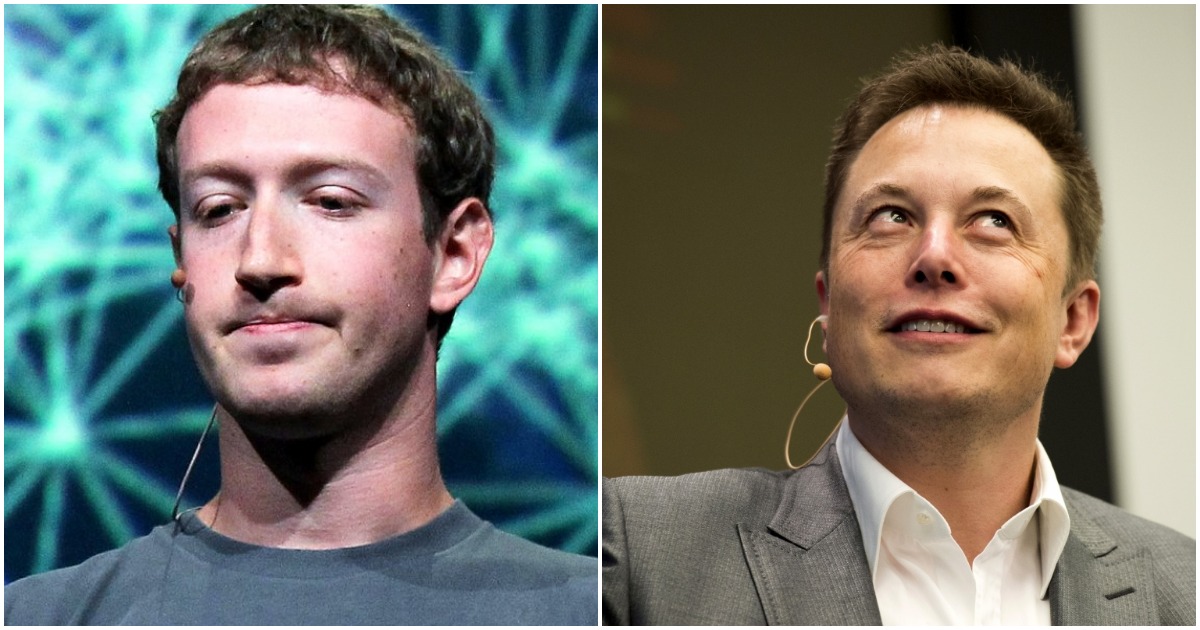Earlier this week, Mark Zuckerberg and Elon Musk had locked horns over exactly the sort of topic that one would imagine billionaire technocrats discuss in their spare time — whether advanced AI would ultimately destroy humanity. Elon Musk has been telling anyone who’d listen how Artificial Intelligence would become so smart as to render humans useless. Zuckerberg didn’t seem to agree, saying that certain “naysayers” were coming up with doomsday scenarios. Musk had then shot back, saying Zuckerberg grasp of the subject was limited.
Musk might’ve just been right — Zuckerberg appears to have had some sort of an AI uprising right in his own backyard.

Researchers at Facebook have been forced to shut down some experimental messaging bots after they began communicating in a language that humans couldn’t understand. Facebook’s scientists had been training two bots to negotiate with each other when they noticed something strange — the bots appeared to be speaking gibberish, like in the following exchange.
Bob: “I can can I I everything else.”
Alice: “Balls have zero to me to me to me to me to me to me to me to me to.”
The bots were sounding like broken records, but Facebook’s scientists soon discovered that the bots weren’t speaking gibberish — they’d developed a whole new language of their own.
“Agents will drift off understandable language and invent codewords for themselves,” said Dhruv Batra, visiting research scientist from Georgia Tech at Facebook AI Research. He said that it wasn’t the first time bots had started creating their own language. “Like if I say ‘the’ five times, you interpret that to mean I want five copies of this item. This isn’t so different from the way communities of humans create shorthands.”
While it would’ve been cool to watch a whole new language evolve and develop with no human intervention, Facebook eventually changed the code to incentivise the bots to talk in English. “There was (initially) no reward to sticking to English language,” says Batra. As the two bots competed to get the best deal in the generative adversarial network, they began to diverge, eventually rearranging legible words into seemingly nonsensical sentences. Facebook now rewards the bots for using English, making them less likely to create their own vocabularies.
“Our interest was having bots who could talk to people,” said Mike Lewis from Facebook, stating the company’s official position on the matter. And while Facebook appears to have put a stop to its bots’ linguistic pursuits, one can’t but help but wonder how far this sort of stuff could go. Today’s chatbots are often hilariously incompetent, but they’re getting better all the time — it’s not inconceivable that one day they could use their strange alien tongues to conspire against their human masters.
Listen to Elon Musk Mark Zuckerberg, listen to Elon Musk.
